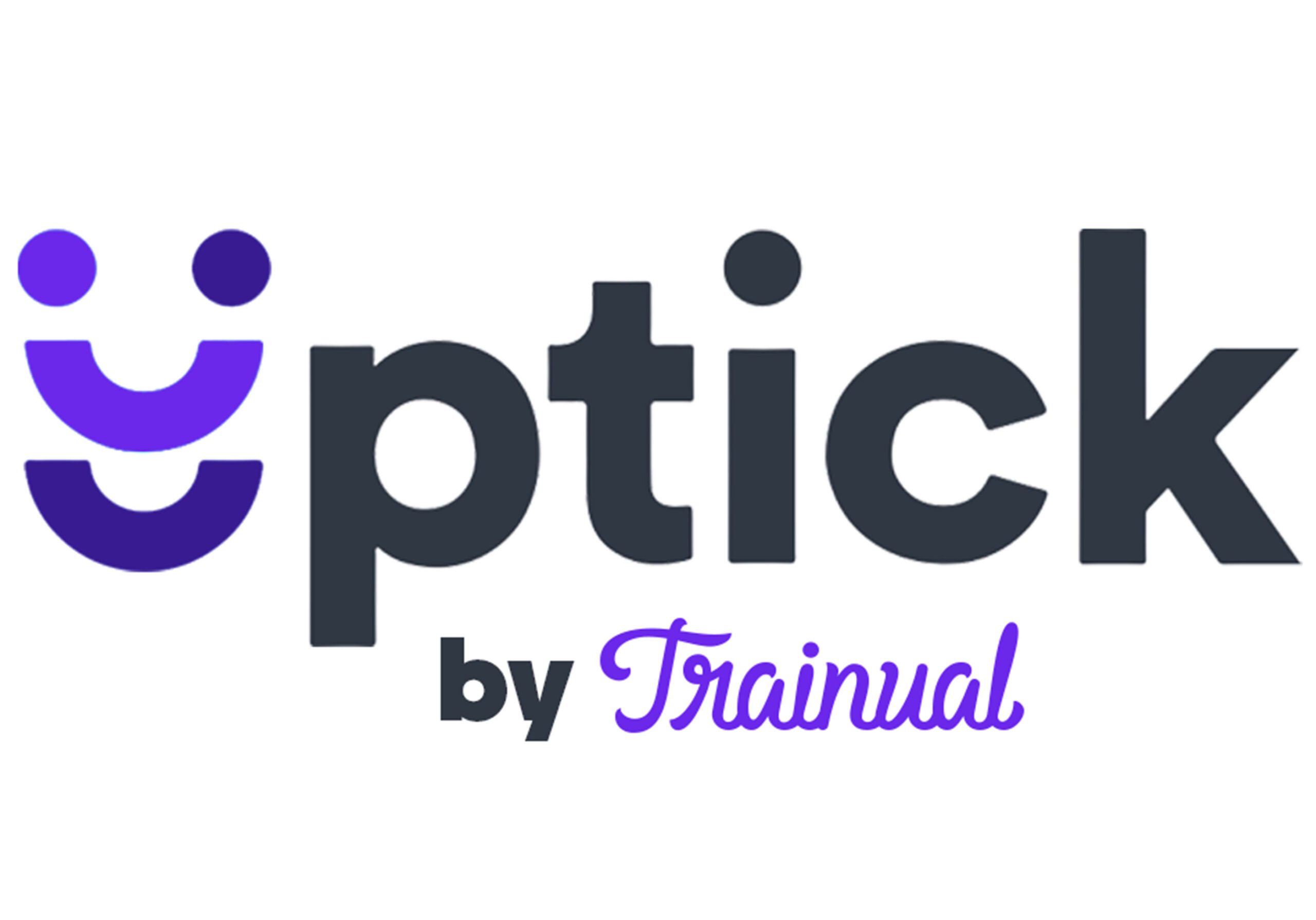“I know professional development is important, but I just don’t know where to start.”
I hear this worry from managers all the time. They feel anxious and guilty about not giving more attention to their teams’ professional growth, but they don’t know what they’re supposed to do or how they can make time to do it. At best, they might squeeze in a conversation during the occasional one-on-one, but it rarely leads to actual progress. As a result, managers miss out on the most rewarding part of their job. Worse, their teams feel neglected.
So what’s stopping managers from being the stewards of their teams’ careers? Most of the colleagues and customers I talk to say they don’t have enough time to devote to this work or don’t have the tools to do it properly. But I’d like to challenge that notion.
Managers, you can encourage professional growth with the resources you already have. When it comes to time, you have 40 hours per week in which to give team members opportunities, and regular one-on-ones to check in on progress. As for tools, you have your own experiences and expertise and your knowledge of and investment in your team members. What you need is the confidence and clarity to put these resources to work.
Attaining that confidence starts by looking inward.
Step One: Define What Professional Development Means
You won’t start making your team’s professional growth a priority until you understand why it’s so important. So start by asking some questions to get clear on what talent development means to you, your company, and your team. Why start with this step?
Case in point: Years ago, I had a young intern named Seth, who wrote me a letter that challenged and shocked me.
He said that I was failing him as a mentor. He took the internship to learn from me and gain leadership experience, and instead I gave him busywork. I was taken aback because I had no idea how important my guidance was to him. In fact, I had assumed that 22-year-old Seth wasn’t even interested in learning from an older manager. (After all, when I was 22, I knew everything about everything.)
I took that letter to my leadership team and asked: how many of you imagined that the interns downstairs want to hear from us? Not a single hand was raised. Then, I walked downstairs into a meeting of the interns and asked how many of them felt the same as Seth. Every hand went up.
That interaction completely changed how I treated those interns, but it shouldn’t have taken a letter for me to learn about Seth’s needs. I could have just asked him.
In that spirit, here are some questions to help you see professional development in a new light.
Ask Yourself: What does talent development mean to me?
The first person you need to talk to about talent development is yourself, and you need to take this part seriously. So, even though you can probably read the following in under a minute, slow down and genuinely reflect on each question:
- Why does my team’s professional growth matter to me? How will I benefit from it?
- What’s been holding me back from making this a priority so far?
- Is my team’s development part of my performance assessment? If not, what other forms of accountability will keep me motivated?
- What opportunities am I prepared to provide for team members? Can I be responsible for mentoring and sharing my expertise? Can I give resources to team members to improve their skills? If not, who do I need to ask for help?
Ask Your Colleagues: What does talent development mean to your company?
Next, make time to talk to the other people wrestling with this issue: your fellow managers and HR professionals. Find out what resources you company has in place, and how you can use them:
- Does my organization already have a talent development program in place? If so, who developed it and how recently? Does it reflect the reality of working here?
- Is my company’s program vague, without clearly defined roles? Is it rigid, with no room for interpretation?
- If no program exists, is now the right time to develop one? If not, do I have the autonomy to pursue my team’s development on my own?
- How have other managers helped their teams gain new skills and experiences? What resources can we share?
- Do other managers have specialized skill sets that my team can benefit from, and vice versa?
Ask Your Team: What does talent development mean to you?
Before you make your master plan to supercharge your team, don’t forget to ask your team members for their input. In all likelihood, they’ll jump at the chance to learn new skills and work toward a promotion. According to a 2019 LinkedIn study, 94% of millennial and Gen Z workers would stay at a company longer if it invested in their learning and development.)
Still, you want to make sure that you’re giving your team the opportunities they want. You’re there to provide guidance, support, and accountability, not impose your own goals for their careers. (Remember, the reason Wolverine’s attitude isn’t as positive as Captain America’s is that only one of them volunteered to be a superhero.) So during one-on-ones, ask each member of your team what they need out of talent development:
- Do my team members want more opportunities for growth? What kinds of learning and development programs would be most helpful?
- Are my team members meeting their own professional development goals? If not, what’s holding them back?
- Do they have time to learn new skills, or do they worry about getting overwhelmed? If they’re concerned, what can I do to help them grow without falling behind in their regular work?
- What skills do they want to acquire? What career goals are they working toward?
Step Two: Use Your Own Experiences to Make a Plan
Believe it or not, you already know a lot about professional development. After all, you’re a manager. Chances are, you got here because someone along the way took an interest in your professional development.
In my case, my boss at a nonprofit took me aside and said, “I believe you’re going to take my job. I want you to take my job.” But even as he taught me, he took into account who I was and didn’t try and make me a carbon copy of himself. He empowered me to take on tasks and operate with autonomy while still reporting back for his guidance. That experience was instrumental in making me a leader. I’ve had many forms of training since then. I’ve been in reading groups and in 12-person seminars with leadership gurus who have sold millions of books. They were all great, but the main thing that helped me grow was being empowered by my leaders to try things and fail.
I’ve tried to apply those experiences to my own work as a mentor. A few years ago, I had a team member who had great potential but had never really had the chance to stretch her wings. I took her aside and told her that she would be my replacement when I left the job. Then we began months of intensive work, during which I gave her leadership opportunities and then provided her with personalized feedback on her strengths and weaknesses. That candid and trusting relationship was far more valuable than any book I could have given her to read.
So, in planning how to help your team grow, don’t rely on some arbitrary set of “best practices” that don’t mean anything to you. Instead, use your own professional journey as a map, and use it to plan your team’s journeys:
- What development opportunities made a difference in my career?
- What worked for me? Formal training? Shadowing? On-the-job experiences?
- What didn’t work for me? Was there too much or too little supervision? When was I bored? When was I excited?
- What development opportunities can I give your team, based on what worked for me?
- Given what I know about myself, how much time can I commit to my team’s development? What do I need to hold myself accountable?
Step Three: Collaborate on Professional Growth with Your Team
Once you’ve done the work in the steps above, you have everything you need to make your team’s professional development a regular part of your job.
The next step is to talk to each team member about their individual goals, collaborate on a plan, and then follow up on it regularly.
When making a professional development plan, draw on both your team members’ goals and the insights you have into them. You may see something about them they don’t recognize in themselves, and vice versa. For instance (believe it or not), I used to be a touring musician.

(Actual footage of me during that period)
I played with a phenomenally talented drummer, but at a certain point, he was ready to get off the road. He came to me and confessed that he had no idea what he was going to do after leaving the band. We started talking about what his future could look like, based on his innate strengths. I quickly realized that he wasn’t even aware of his biggest asset: his profound care for the people around him. Based on that, I said, “Look, you’re a people guy! You should think about human resources and staff development.” The idea took him by surprise at first, but he ended up being my HR director for several years.
On the flip side, if a team member presents you with a goal that seems totally out of character for them, it’s important to be curious instead of immediately shooting them down. For instance, if your shyest team member says they want to be in sales, dig into what about that role appeals to them. Point out that they may not have considered that the role requires being tenacious and gregarious. Maybe they’re excited about pitching the product but aren’t cut out for the in-person side, so they could write compelling content for the company blog.
Some team members will have straightforward goals, others won’t know what they want yet, and some will have goals outside your area of expertise. Regardless, agree to a specific date to follow up and make a plan. Your job is to help turn your team’s long-term aspirations into a series of incremental, short-term priorities. Remember to keep these priorities S.M.A.R.T.: specific, measurable, achievable, relevant, and time-bound.
Tell each team member that you’ll be discussing their career development in your next one-on-one meeting so they know what to expect. To get their wheels turning, give them a goals worksheet to fill out.
In that one-on-one, let each team member guide the meeting. Remember: your role is to provide them with growth opportunities that will help them meet their goals, not to force them down the path you think is right.
Going forward, put professional development check-ins on your one-on-one agendas. You don’t have to talk about development every time, especially if you meet weekly, but establish a consistent pattern. One-on-one software like Uptick can remind you when to check in and keep both you and your team on the path.

Most importantly, take your commitments to your team seriously. Offering encouragement and accountability in one-on-ones is important, but it’s only half the battle. The other half is the work you do outside of meetings to give your team the resources and opportunities they need to succeed.
Your Team’s Professional Growth Is Your Professional Growth
If you’re only just starting to focus on your team’s professional development, think of it like hitting the gym: it can be hard to start, but once you’ve made it a regular practice, the rewards are immense. Your team is happier because they’re learning valuable skills instead of getting bored. Your company benefits because team members are becoming more valuable, engaged, and productive. And you’re more fulfilled as a manager because the ultimate measure of your success as a leader is the impact you make in the lives of your team.
Professional Development Plan Template
Download our free professional development plan template and help your team grow and evolve along with your business.


